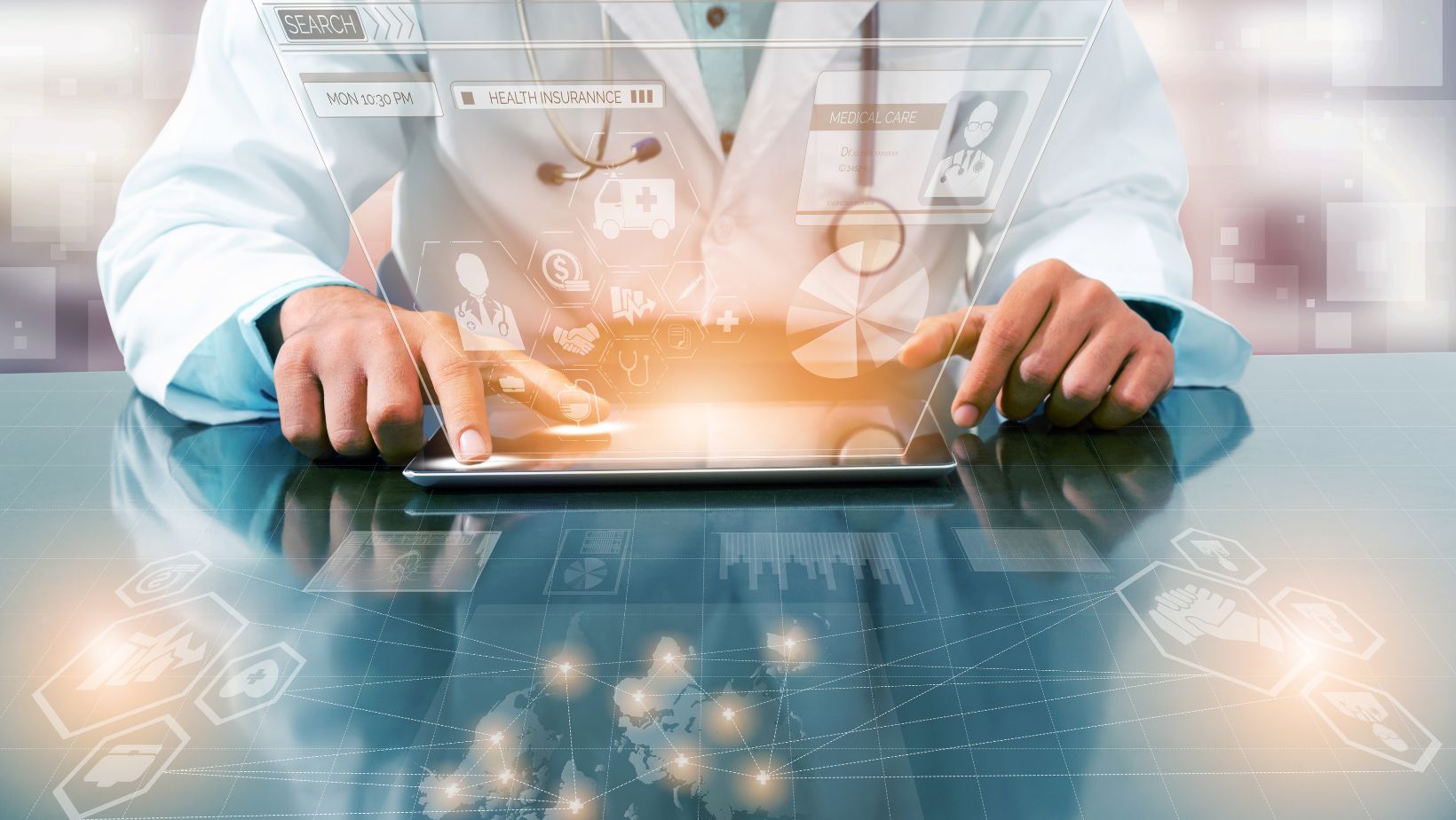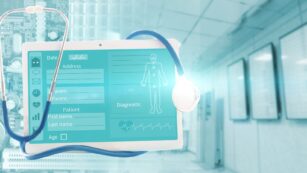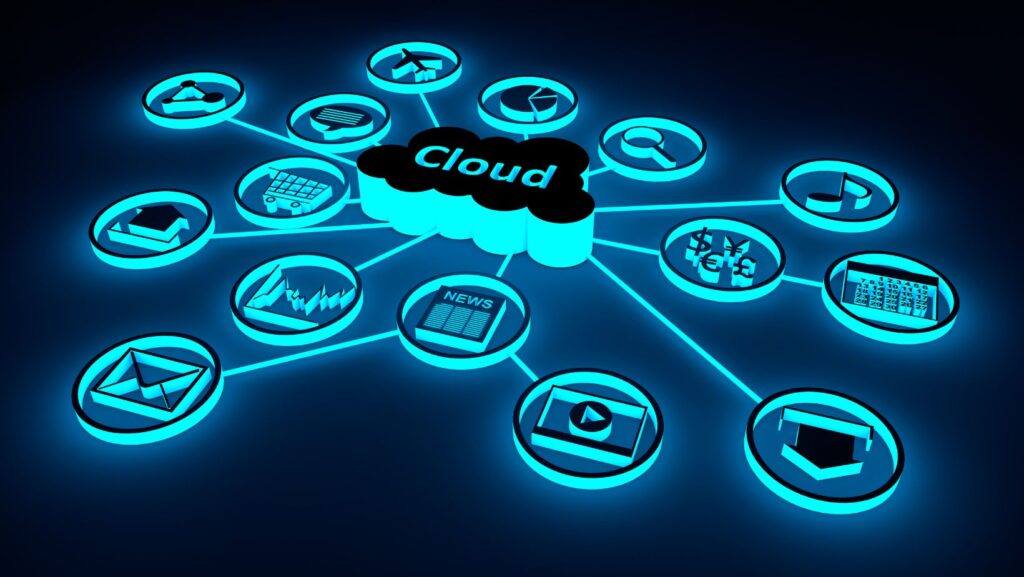
As technology rapidly evolves, its impact on the healthcare sector has been profound and transformative. From telemedicine to artificial intelligence, the integration of advanced technologies is not only reshaping patient care but also the entire healthcare landscape. This shift promises more personalized, efficient, and accessible medical services, fundamentally altering how healthcare providers and patients interact.
Technology Trends in Healthcare
Artificial Intelligence and Machine Illness
 Artificial Intelligence (AI) and Machine Illness (ML) stand at the forefront of innovation, revolutionizing healthcare by enhancing diagnoses and treatment protocols. AI algorithms facilitate the analysis of complex medical data, allowing for the identification of disease patterns and treatment outcomes that human doctors may overlook. For example, AI tools support pathologists in analyzing vast amounts of medical images, pinpointing anomalies with precision that can lead to early detection of conditions like cancer. Additionally, AI applications extend to predicting patient risks and prognosis, informed by the analysis of historical and real-time data.
Artificial Intelligence (AI) and Machine Illness (ML) stand at the forefront of innovation, revolutionizing healthcare by enhancing diagnoses and treatment protocols. AI algorithms facilitate the analysis of complex medical data, allowing for the identification of disease patterns and treatment outcomes that human doctors may overlook. For example, AI tools support pathologists in analyzing vast amounts of medical images, pinpointing anomalies with precision that can lead to early detection of conditions like cancer. Additionally, AI applications extend to predicting patient risks and prognosis, informed by the analysis of historical and real-time data.
Health institutions implement AI-driven chatbots and virtual health assistants for patient interaction, significantly improving patient engagement and management. These tools provide 24/7 services, answer queries, and guide patients through their treatment plans, ensuring continuous support and reducing the workload on medical staff.
Telemedicine and Remote Illness
Telemedicine has become synonymous with accessibility in healthcare, allowing patients to consult with their doctors via digital platforms without the need for physical visits. This trend is particularly valuable in rural areas or for individuals with mobility challenges. Remote illness technologies enable constant monitoring of patients’ health using wearable devices that track vital parameters such as heart rate, blood sugar levels, and oxygen saturation. Data from these devices feed into healthcare systems in real time, allowing healthcare providers to make more informed decisions and intervene promptly if anomalies are detected.
 Throughout the COVID-19 pandemic, telemedicine has proven vital in maintaining routine healthcare despite lockdowns and minimizing the risk of virus transmission in medical facilities. The adoption of telemedicine has been rapid, with many healthcare providers expanding their services to include video consultations, remote patient monitoring, and mobile health applications that allow patients and doctors to interact safely from different locations.
Throughout the COVID-19 pandemic, telemedicine has proven vital in maintaining routine healthcare despite lockdowns and minimizing the risk of virus transmission in medical facilities. The adoption of telemedicine has been rapid, with many healthcare providers expanding their services to include video consultations, remote patient monitoring, and mobile health applications that allow patients and doctors to interact safely from different locations.
These technology trends in healthcare demonstrate significant strides in making healthcare more efficient, personalized, and accessible, setting a promising course for the future of medical services.
Impact of Blockchain in Healthcare Security
Enhancing Patient Data Security
Blockchain technology significantly enhances patient data security in healthcare. By creating decentralized and immutable records, blockchain ensures that patient data remains secure and private. In this system, healthcare providers only access the information they need, enhancing patient confidentiality. Notably, blockchain mitigates the risks of data breaches and unauthorized access. For instance, hospitals using blockchain can securely store patients’ medical histories and share them only with authorized personnel.
Streamlining Supply Chain Management
 Blockchain technology also plays a crucial role in streamlining supply chain management within the healthcare sector. It enhances transparency and accountability from production to delivery of medical supplies. Each transaction involving medical goods is recorded on a blockchain, allowing for easy tracking and verification. This capability helps in reducing fraud and errors, ensuring that only genuine products reach healthcare facilities. For example, blockchain allows hospitals to track the delivery of pharmaceuticals in real-time, ensuring that medications are safely and efficiently delivered to the right place.
Blockchain technology also plays a crucial role in streamlining supply chain management within the healthcare sector. It enhances transparency and accountability from production to delivery of medical supplies. Each transaction involving medical goods is recorded on a blockchain, allowing for easy tracking and verification. This capability helps in reducing fraud and errors, ensuring that only genuine products reach healthcare facilities. For example, blockchain allows hospitals to track the delivery of pharmaceuticals in real-time, ensuring that medications are safely and efficiently delivered to the right place.
Wearable Technology and Personal Health Management
The rise of wearable technology is another exciting trend not to be overlooked. Devices like smartwatches and fitness trackers are empowering individuals to manage their health proactively. With real-time data on heart rate, sleep patterns, and physical activity, users can make informed decisions about their lifestyle and health. This personal health management is crucial for preventive healthcare, reducing the need for invasive treatments and potentially lowering healthcare costs overall. As technology continues to evolve, the integration of wearable tech with AI and telemedicine will likely enhance its capabilities further, offering more comprehensive health management tools directly to consumers. This fusion of technology not only underscores the vast potential of digital innovations in healthcare but also highlights the shift towards more patient-centered care approaches.


